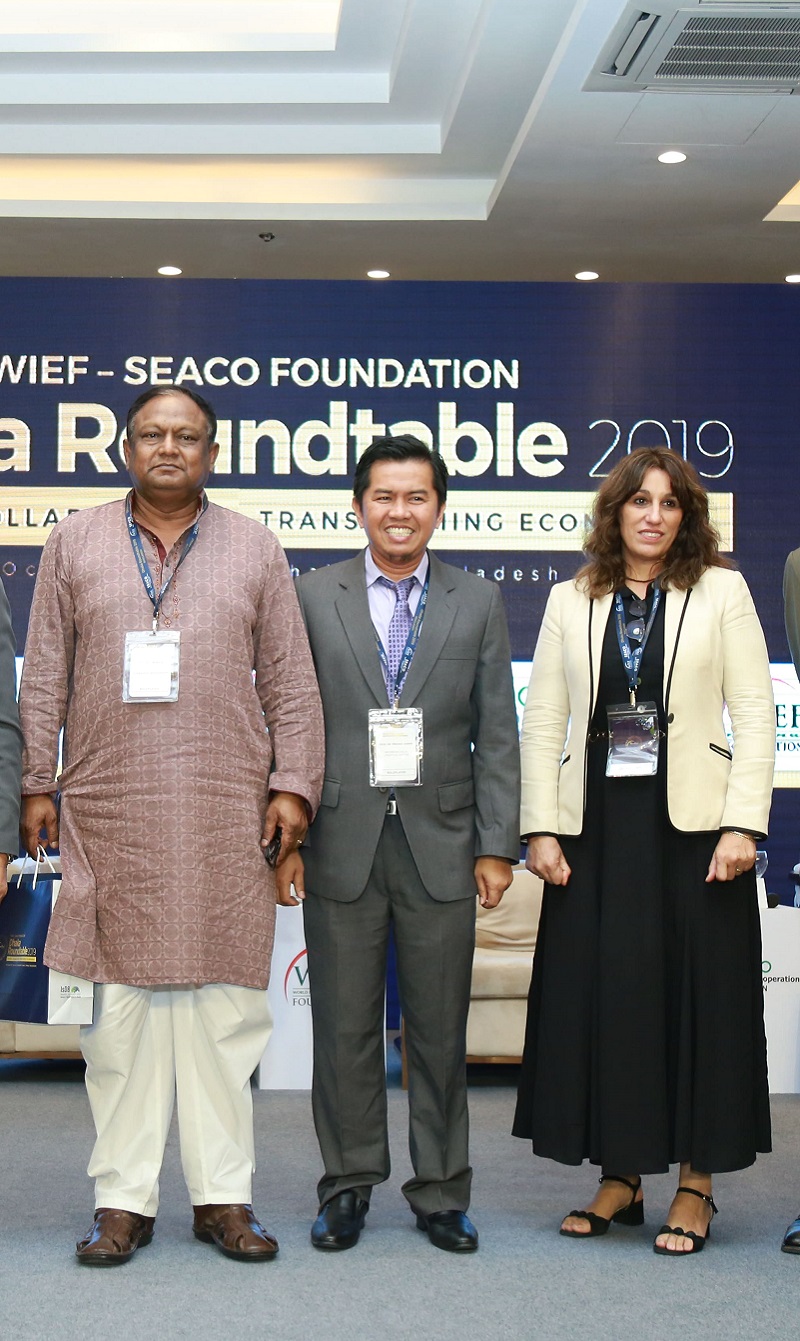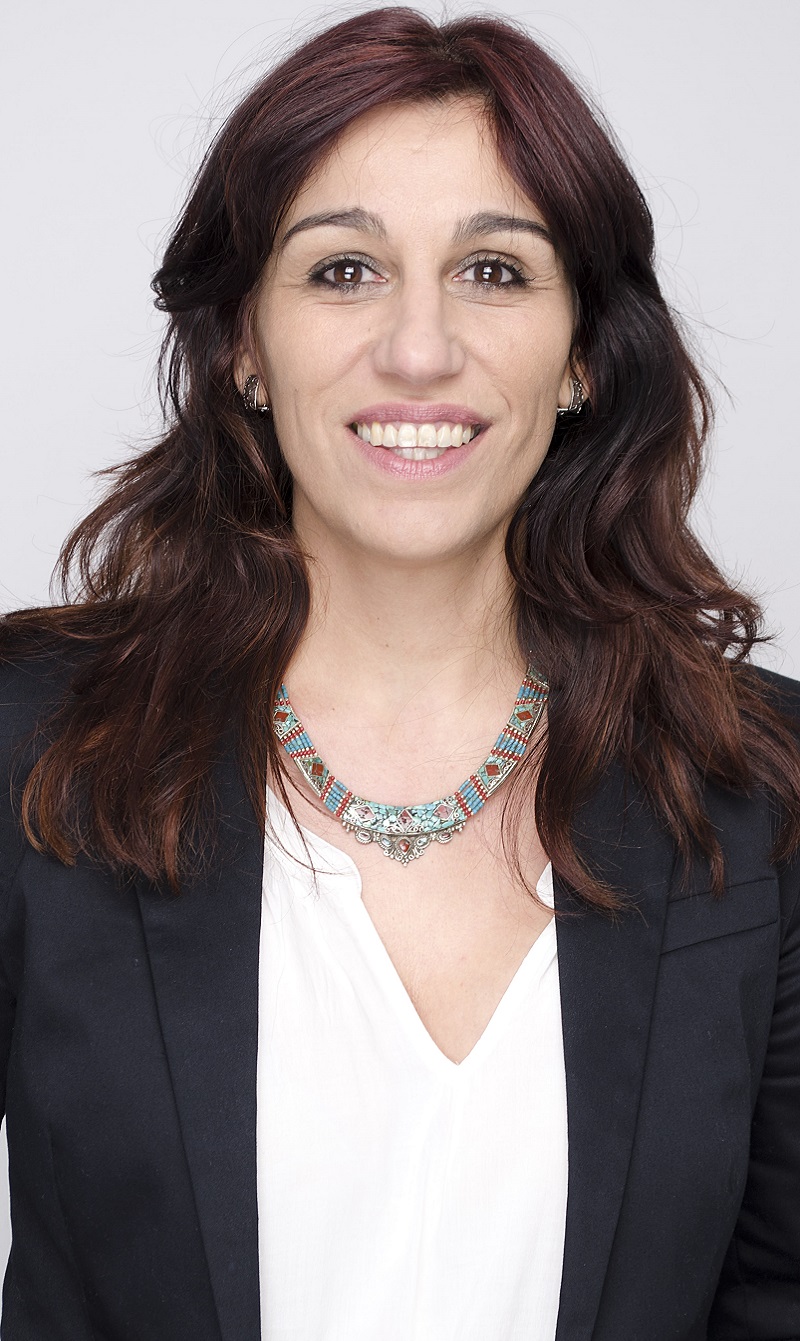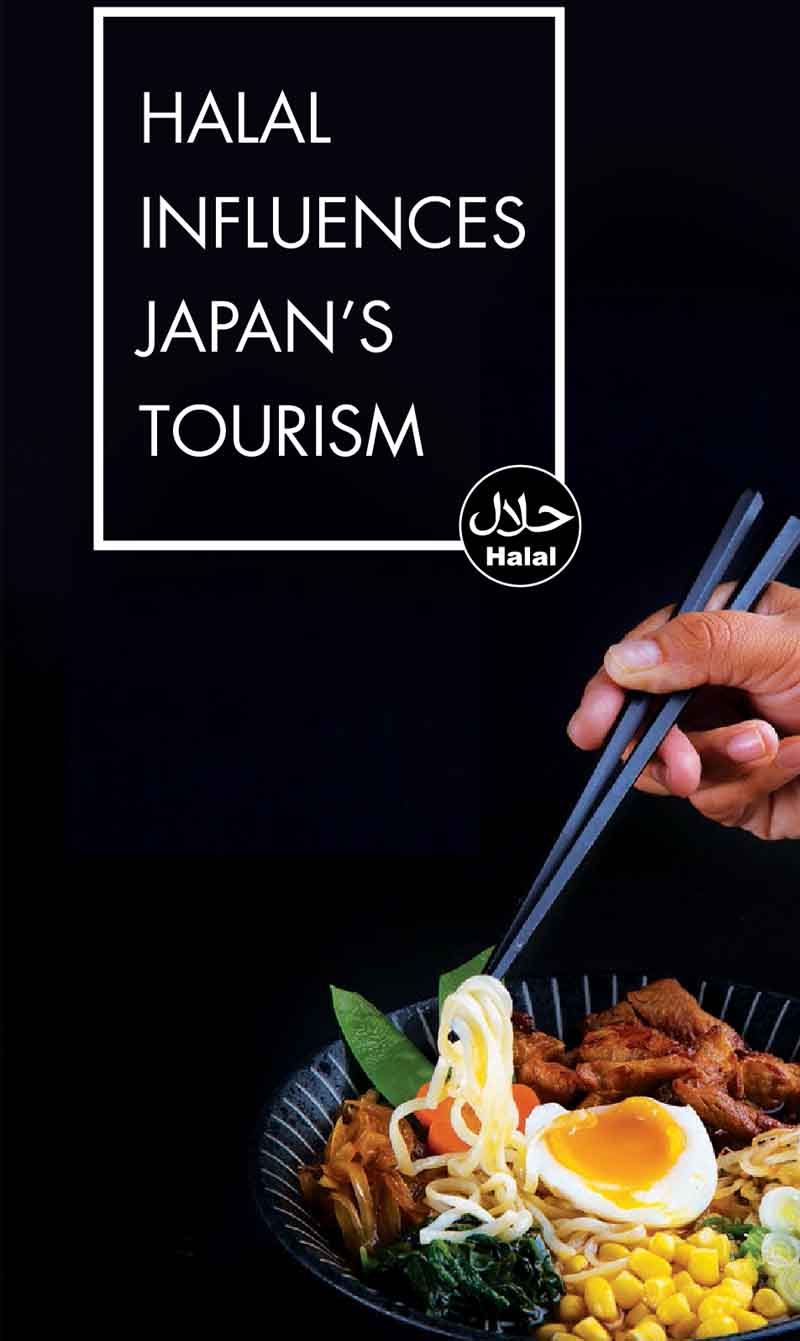Linking Islamic finance to the halal sectors
Islamic finance looks set to strengthen its place in the global financial system and eventually dominate it. Meanwhile, halal businesses — from food to tourism, healthcare and more — are ready to deliver the promise of exciting growth. In this seemingly rosy scenario, a surprising irony remains: despite its increasing prominence in London and New York, Islamic finance has not played a significant role in the growth of the halal sector. Why the gap, and how to close it?
The stakes are high. In China, halal products are now seen as being safe and clean. In Japan, mothers bring their children to halal restaurants because they believe halal food is healthy. As Muslims travel more, countries everywhere are scrambling to establish their halal food infrastructure.
According to the Malaysia International Islamic Financial Centre (MIFC), the global halal industry, encompassing food, textiles, tourism and healthcare, has the potential to double in value to USD6.4 trillion by 2018 from 2012. All this growth will require funding, and one would assume that it would come from Islamic finance. So far, however, this connectivity has not happened. Will the twain ever meet?
What the halal sector can do
Many halal businesses take for granted that they will see spectacular growth — and abundant funding — simply by virtue of being halal. Their optimism is not without basis but if growth — especially of the global kind — is the aspiration, the halal sector must recognise that halal ceases to be the only consideration.
Malek Mattar, CEO of My Outlets, Singapore, knows from experience that in the global food and beverage sector, there are many other regulations and requirements to adhere to. “Being halal alone is not sufficient. You have to really look at all the other international requirements for export and so on.” Where standards are concerned, Annamaria Tiozzo, President of the World Halal Development (WHAD), Italian Halal Certification Center of Italy, noted another irony: unlike non-halal businesses, halal companies must contend with the lack of uniformity in halal standards across Muslim countries. The upshot of this is that many halal businesses are woefully unprepared to fully tap the global market of Muslim consumers, let alone reach non-Muslim consumers.
Significantly, halal SMEs also do not understand the needs of potential funders. According to Akmal Saleem, who is CEO of Maarij Capital, Saudi Arabia, this is a key reason why the “natural” link-up between Islamic financing and the halal sector has so far proven elusive.
Akmal advised companies looking for funding to “really look at themselves and put together a business plan which actually articulates what they’ve achieved, what they do, what is the potential growth that they’re going to achieve and what they’re going to do with the finance and capital that’s going to be injected into the businesses.”
Having witnessed many disastrous presentations to investors, Akmal noted that such details matter and contribute to “why there’s such a huge gap between halal businesses wanting to grow, and not getting the finance that they want.”
Equally important is to understand what options are available: “Why go down a private equity route? Are you looking for seed funding? Is it series A or series B? How much equity of your company should you give away if an investor comes?” he asked.
What Islamic financing should do
To bring about greater connectivity between
Islamic finance and the halal sector, Islamic
financing institutions must also do their part. For many, Islamic financing is not just the best enabler for the halal sectors to expand, it is by definition the only enabler — after all, can a business really be said to be halal when the money in use is not halal?
Without denying the remarkable success story that is Islamic financing, Mohammad Nazeem Noordali of the Islamic Development Bank of Saudi Arabia, noted that we often think of Islamic financing as an outcome when we should also think about where all that financing is going. With every record-breaking billion-dollar sukuk issue, the Muslim world congratulates itself – but Nazeem urged participants to reflect further. “If that can be used towards promoting and developing viable projects in the halal sector, then yes, we have achieved something.”
Islamic banks, so familiar with real estate and commercial ventures, need to revisit their existing solutions for halal SMEs. Nazeem reminded participants that there is still much to be done: “I would say the Islamic banking industry is not playing the role it should play. They should look at ways to support the halal industry in the different fields. This is where we, the Islamic Development Bank, also have a role to play in bringing a coordinated approach, facilitating, maybe creating a master plan to support and lead the way for all the banks to follow.”
Greater integration, greater capability
Financing is often singled out as an SMEs biggest obstacle, but it is only one of the many factors. Indeed, financing challenges are often the consequence of other more fundamental problems that turn potential investors away. The lack of uniformity in halal standards, for example, can adversely affect a company’s risk profile.
“We have to look at all aspects of how companies actually operate so that they will attract finance eventually,” Malek said, noting that it is important for halal SMEs to build their capabilities and capacities, which could be done through collaboration and integration.
With My Outlets, Malek aims to build “a platform where we can look at how collaboration and integration can help in building a very strong halal value chain that would assist the industrial development of halal Singapore as well as in the region.” Singapore’s My Outlets focuses on bringing about integration by creating an SME platform, Indonesia’s Jakarta Industrial Estate Pulogadung (JIEP) aims to achieve the same through the creation of hubs. According to Sitta Rosdaniah, who is Financial and Supporting Director of JEP, the proposed halal ecosystem will consist of a halal port and a halal zone. Other components include a halal warehouse and halal showcase.
JIEP has benefited from Islamic financing and one of its objectives is to ensure that the companies setting up home in JIEP enjoy similar access to funding. Sitta envisions that the Halal Zone will serve as a meeting place between those seeking funding and those providing it.
Moving towards a point of convergence
What else can be done to bridge the gap? Akmal distilled the way forward into four points on each side of the equation. On the side of the business owners, it’s about concentrating on the “value proposition and product; vision and drive; education and willingness to learn; and expertise and staffing choices. If the halal sectors concentrate on these, they will make themselves more approachable and give themselves a better chance of acquiring that finance.”
Meanwhile, Islamic financing institutions should learn a few lessons from the businesses they finance. According to Akmal, it is about continuous development; exploring unconventional models; learning from and listening to micro-businesses and bringing that feedback into financial product development; and investing in market research.
He stressed the need to be open to new approaches: “Every product-oriented company will have R&D and they will invest huge amounts into finding new products. So, I think the Islamic financing industry needs to adopt some of those styles and really explore.”
Sitta said she hopes to see a ripple effect with successful halal companies showing newcomers the ropes. “When we groom an SME, and it becomes a bigger and stronger company, what we really want is for it to take part in assisting new startups – new emerging companies – because we need sustainability.”
In the bid to strengthen the halal industry, both halal businesses and Islamic financial institutions should be feeling a sense of urgency, as demand is growing rapidly. Nowhere is this more apparent than in the halal tourism sector, which many investors consider to be among the most attractive to invest in.
In conclusion, Islamic financing and halal businesses need to start understanding one another’s needs better. Only then will there be true connectivity between the two, leading to exponential growth in the halal sector.
Q&A
What about technology in the halal space? Is it not a strong halal sector too?
Akmal: Technology is ingrained – it’s not a sector. How can we start a fashion or food business without some kind of element of technology? It transcends all sectors and yet technology is investible right now. It’s definitely something that should be invested in and promoted.
Globally, how would halal products fare compared to, say, fair-trade products or environmentally friendly products?
Malek: As an example, China is a big market for food. They are so interested in halal because food safety is a major issue in China and they see halal food as very safe food. It’s the same in Japan – they believe it’s something good for the family. That is a virtue of the halal product that is coming out, which is being appreciated by the masses. It’s something we can leverage on.
___________________
This is based on a report from the 12th WIEF in Jakarta, Indonesia.
Photo Credit:
Matt Alaniz





